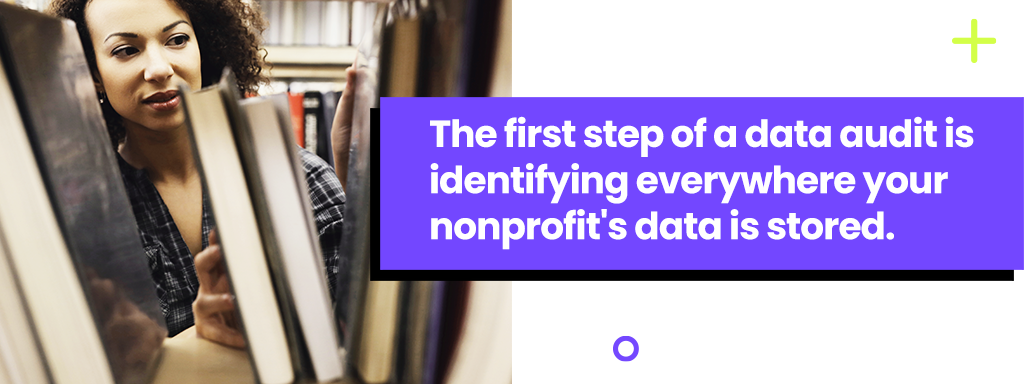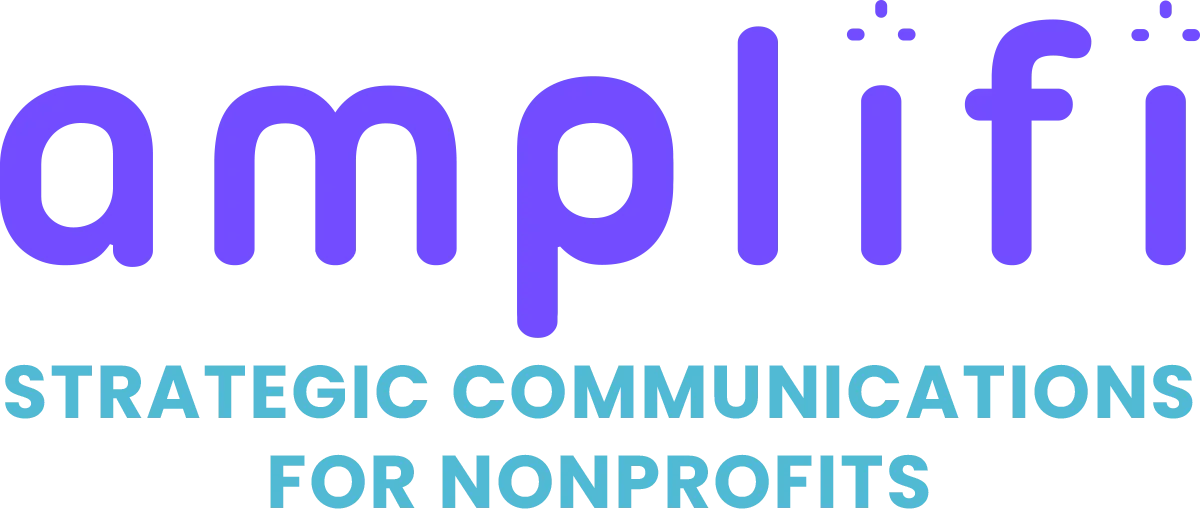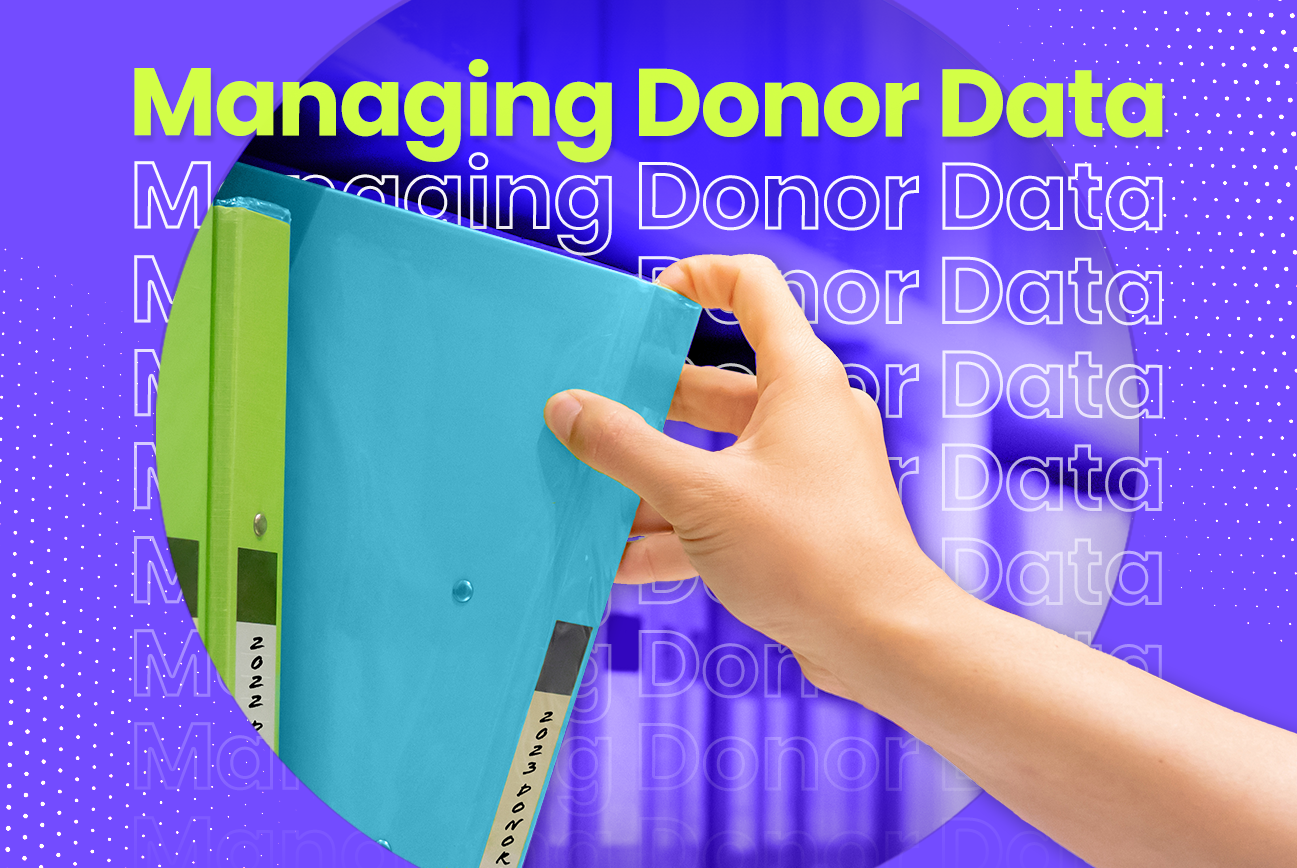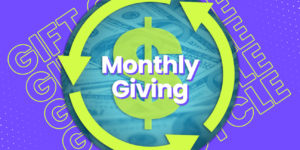As a fundraiser, you know the importance of strong donor data. But you need an organized database to get your data working for you. If you’re having trouble making sense of your data, it may be time for a data audit.
Feeling limited is frustrating. Yet many fundraising professionals who want to do more to advance their organization’s mission are held back by poor data hygiene.
And it’s worse when you know there’s a problem but don’t have the evidence you need to convince your organization’s leadership it’s time to make a change!
Sound familiar? Then here’s what you need to know.

Making the case.
As fundraisers, we would like to think we know everything about our donors. But the truth is, most nonprofits have several questions about their donor base they struggle to answer.
A data audit can help you better organize and understand your audience. It can help you answer questions like:
- What strategies have helped increase a donor’s gift size?
- Where should we draw the line between giving levels?
- Why do people stop giving to our organization?
- Which communications do donors respond most favorably to?
- Is all contact information for donors up to date?
These are the questions many fundraisers need to answer if they want to push their organization to do something different.
READ MORE: 3 ways nonprofits use donor data to improve results.

Is your data a mess?
A data audit could force you to confront a harsh reality… your data is a mess!
Many fundraisers don’t realize how big the problem is until they start digging into their data. In other organizations, poor data hygiene is the elephant in the room.
But it’s not a problem that your organization can afford to ignore! So, here’s what you need to do.
Do you have data saved in several different programs, folders, and servers? Or maybe you have a huge unorganized folder of hand-written notes from various phone calls? Is anything stored with a third party?
It is crucial to identify where all your data is stored and consolidate it so you can make sense of everything you already know.
It’s a big undertaking.
But it might just be the single most important thing you can do to advance your fundraising!
If you have a lot of data, a donor management system is a good way for your nonprofit to make sense of what you have. It also makes it much easier to keep your data in order going forward.
Or, if you have a more limited data set, a smaller donor base, or are just already well organized, you could keep your records in a designated spreadsheet or folder. Even so, you might still consider moving to a donor management solution that can grow with your needs.
READ MORE: Are you keeping good data hygiene?

Let your data drive.
The real work comes in once you have your data in order. It will be much easier to improve various aspects of your fundraising now that your data can speak to you more clearly.
So, what is your data trying to tell you?
Is your donor retention rate well below the average of 45 percent for nonprofits? It might be time to build in some more non-ask communications to keep donors engaged in between appeals.
Do your repeat donors rarely increase the size of their gifts? You can build more effective and targeted ask strings by using what you learn from analyzing your results.
Do many of your donors make smaller gifts several times throughout the year? A monthly giving program could be perfect for your organization!
Or maybe you’re struggling to secure donations through your online giving page. You may need to make it easier for donors to give by using shorter forms or making your site more mobile friendly.
READ MORE: Applying data-driven ask strings in your appeals.
Equipping yourself with evidence.
Remember, an organized database gives you the evidence you need to make the case and guide organizational decision making.
For example, let’s say a board member recently read an article about the importance of a digital-first fundraising strategy. Based on “the latest thing in fundraising,” they think your organization should move all your appeals to email only.
But is this the right call for your nonprofit?
You’ve dug deep into your data. And you know many of your donors still prefer to give via direct mail. You also learned many of your online donors give in response to your direct mail appeals.
Your data is telling you that your board member’s plan may not be a good fit for your organization. It’s guiding you away from making a decision on a whim that would hurt your fundraising efforts more than it would help. And it also gives you the power to prove it!
Strong data is essential to make informed decisions about where your fundraising should go. So, if your data is a mess, now is the time to dig in, perform a data audit, and set yourself up for future fundraising success.
Need help getting started? Click here and we can talk you through it!









